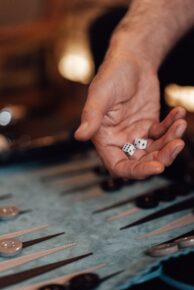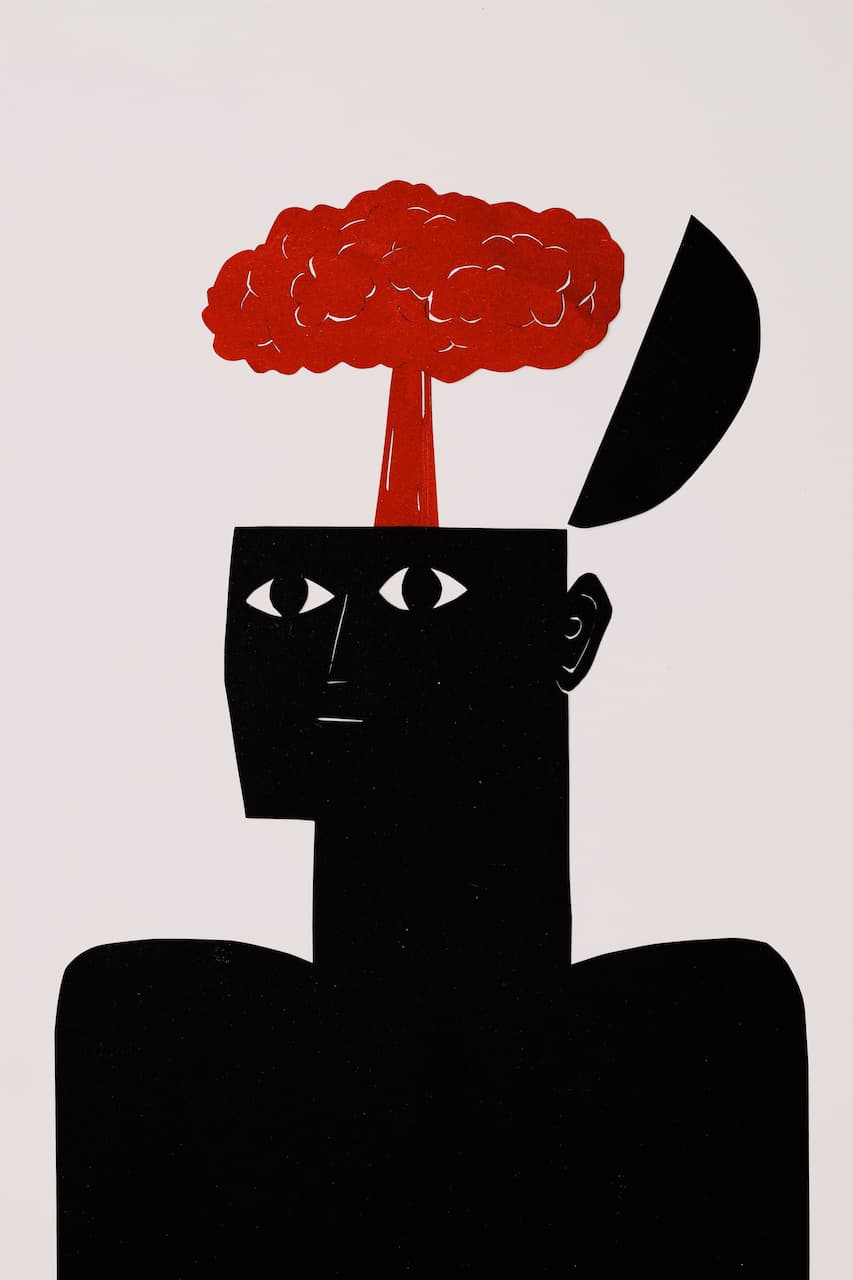If you believe the electrocorticography data, the main emotion of subjects who gambled with a computer is regret for past mistakes.
The majority of generalized statements about life are meaningless.Nevertheless, one of them that stands out is Pushkin’s “What is our life? A game!” – At least from a psychologist’s point of view. The fact is that very fundamental cognitive processes take place in the mind of a person betting with an unknown outcome in the simplest model form: making a decision in the absence of data, seeking rewards, evaluating possible losses, regretting bad decisions, and adjusting future strategies. This is why the gambler is a desirable subject for neuropsychologists, and on this model they test a variety of methods for studying brain activity.
Recent work by researchers at the University of California, Berkeley, used electrocorticography, a method of obtaining data from a network of hundreds of electrodes placed directly on the surface of the brain. The method allows up to a thousand measurements per second with unprecedented resolution. The fact that such networks of electrodes are implanted in patients with a severe form of epilepsy for refined diagnosis before surgical intervention allows such experiments to be performed on people. Neurophysiologists could take advantage of the situation and simultaneously invite patients to volunteer for their experiments. One of the main authors of the paper, Professor Robert Knight, has been specializing in this kind of research for a decade, and now it’s come down to gambling.
Place your bets

The experiments consisted of asking subjects to place a bet in a casino, a larger or smaller one, as he wished, and after 550 milliseconds, a computer would tell him if he won or lost. Researchers could vary the odds of winning and the size of the winnings, and this was reflected in the subjects’ brain activity patterns. Because the conditions of the game were varied directly during the experiment, neuroscientists always knew exactly which round the subject’s brain was thinking about at that particular millisecond.
A rough idea of what the player’s brain was occupied with could be obtained from previous studies conducted by the rougher methods of magnetic resonance imaging and electroencephalography. From them, it was known that the most interesting things happen in the orbitofrontal cortex, which is responsible, in particular, for the analysis of social interactions. In this region of the brain, in the left hemisphere, there is an area of the cortex in which excitation apparently corresponds to the emotion of regret. It was this area that, according to the California researchers, erupted every time the results of a gambling cone were announced.
Several curious circumstances emerged. First, regret was the main emotion of the subjects both after losing and after winning: in the first case they were clearly upset about the lost bet, and in the second they regretted that they did not bet more. Second, the subjects minds were occupied exclusively with the results of the previous round of the game, and they did not refer to earlier experiences (as explained above, the experimenters knew this because they could vary the betting conditions and record the corresponding pattern of brain activity). Third, the picture did not change in any way after the subject placed the next bet: instead of joyful anticipation of winning, or even regretting the recent risky decision to bet in the casino, his brain continued to analyze the results of the previous round, and this lasted for the entire 550 milliseconds until the new result was announced.
So that it does not turn out like the last time
It follows from the results of experience that our orbitofrontal cortex is mainly engaged in replaying recent experience over and over again and fixing what exactly does not suit us in it (this is actually the emotion of regret). At least, that is its function in those happy hours when its owner bets red or black with varying success, trying to deduce for himself the secret laws of roulette. It is likely that when processing more rational experiences from other spheres of activity, the picture will be similar: there is always room in life for deceived expectations and the intention not to repeat past mistakes.
Speaking about the cortex area that specializes in bitter feelings of regret, we should recall a curious story. Back in the middle of the XIX century, this part of the brain first came to the attention of neurophysiologists when there was a dramatic incident with the American railway worker Gage. As a result of the accident, Gage’s skull and brain were pierced with a metal rod: the iron entered the brain exactly in the area of the orbitofrontal cortex of the left hemisphere. Gage not only survived, but did not even lose his ability to work. The only thing that changed was his character: from a calm and compliant boy, Gage became an impulsive, unrestrained and very aggressive subject, the kind of person who is sometimes described as without brakes. Obviously, our brakes are just regrets about the unintended consequences of our decisions and a desire not to make the same mistakes. To Professor Robert Knight: If you have no regrets, you fall into a world of psychological dependence and antisocial behaviour.
From the experiments of the Californian researchers we may see what a huge role regret plays in the cognitive activity of ordinary people (modeled in gambling). The authors of the study believe that their findings on cortical activity will lead to a better understanding of how certain brain injuries, such as those caused by trauma or tumors, are related to behavioral abnormalities. Note also that this data may also be of interest to economists, especially those specializing in the now popular field of behavioral economics. The hypothesis that each new decision of a subject is based primarily on the desire to correct the undesirable consequences of the last previous decision deserves close attention of specialists from different fields of science.
